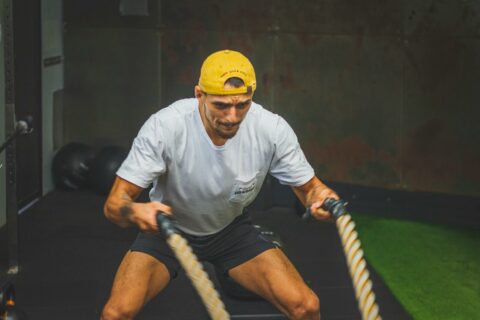
How Hormones Conspire to Store Fat
As athletes get older, hormone levels shift, disrupting how the body manages glucose and insulin and inviting a slow creep of excess weight.

As athletes get older, hormone levels shift, disrupting how the body manages glucose and insulin and inviting a slow creep of excess weight.

Today’s athletes need to discern whether changes in body composition are just part of getting older or if the body is becoming intolerant of carbohydrate.
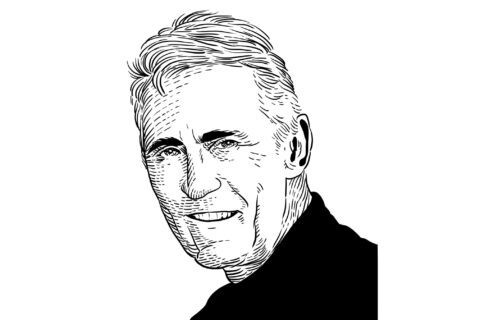
The OG of endurance sports coaching shares how bike racing and life have changed since he turned 70—and what you have to look forward to.
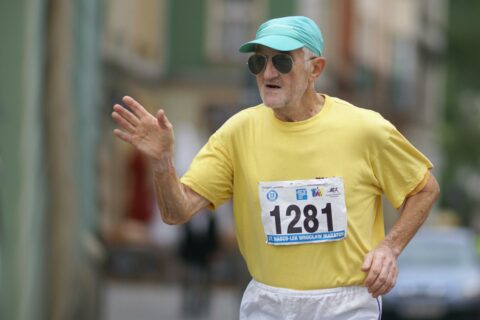
As a latecomer to the competitive running scene, Cathy Utzschneider knocked out top results as a masters athlete while also coaching 75 USATF age group champions. She shares her experience on how best to remain engaged and open to what’s next.
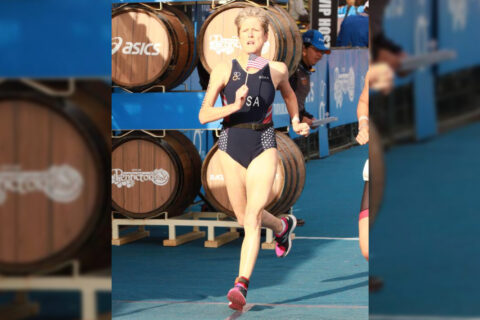
Cathy Utzschneider took up competitive running after age 40 and quickly made up for lost time, racking up nine USATF national age group championships (including track, road, and cross-country), a silver medal at the Nike World Masters Games, and a gold medal at the North American World Regional Championships.

A growing wave of masters athletes is making the case that older athletes have a lot to look forward to as they age. Here’s what science has to say about physiology and performance as we age.
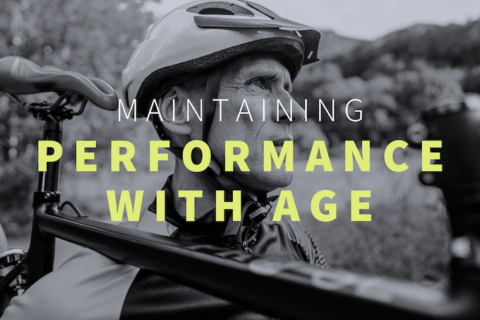
In this video, Joe Friel highlights three key factors for coaches to focus on to ensure their aging athletes remain fit and well.
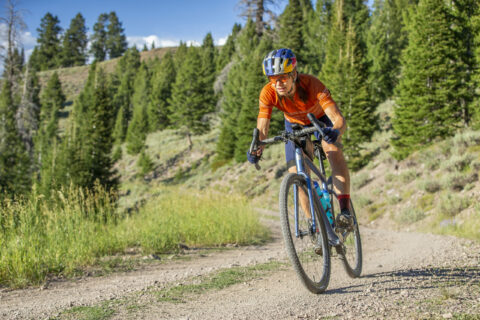
Age is just a number. Few athletes know that better than Rebecca Rusch, who joins us to discuss how to adapt and perform at the highest levels of sport as you age.

Evolution as an athlete is something that will come if you stay active for long enough. Navigating those changes can be a challenge, but athletes like Jessi Stensland seem only to improve with their years.
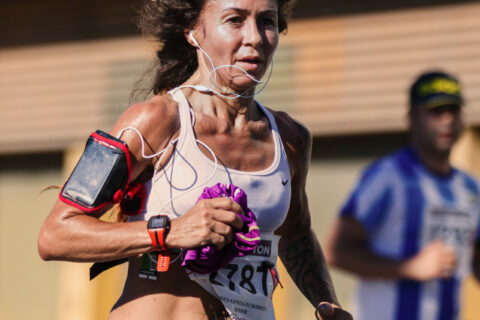
Like it or not, we slow down as we age. Do some parts of our physiological machinery slow down faster than others? If so, what does that mean for training and endurance performance?
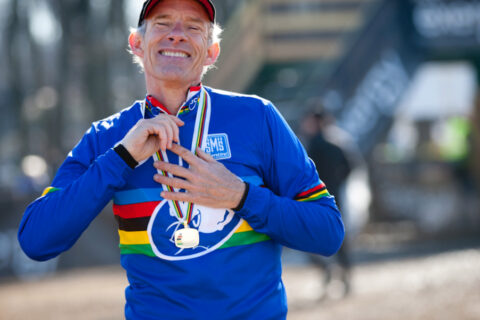
Maintaining strong training on the bike while aging isn’t as difficult as it may seem, as guest MTB champion Ned Overend illustrates.
We will delineate what age effects truly exist — for example, a drop in maximum heart rate — and others that have been traditionally attributed to aging that now appear to be trainable, such as a loss in fast-twitch muscle fiber strength.